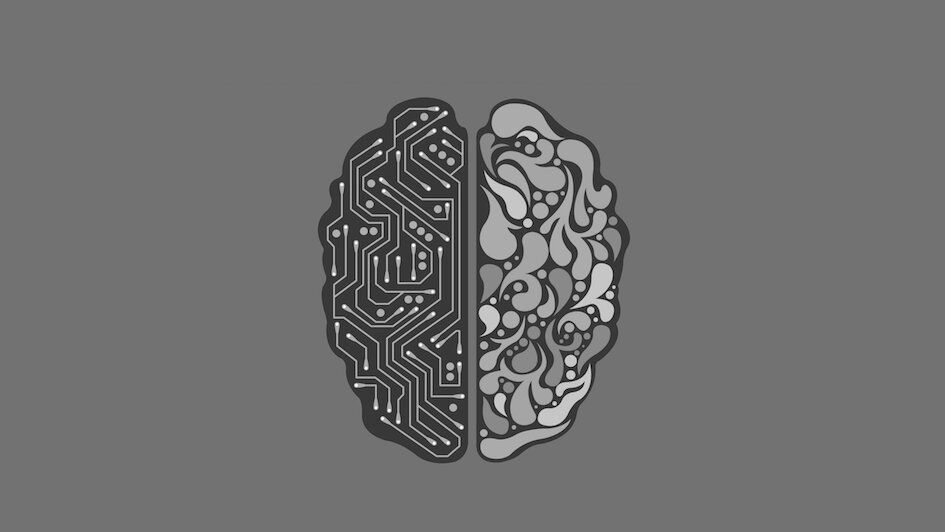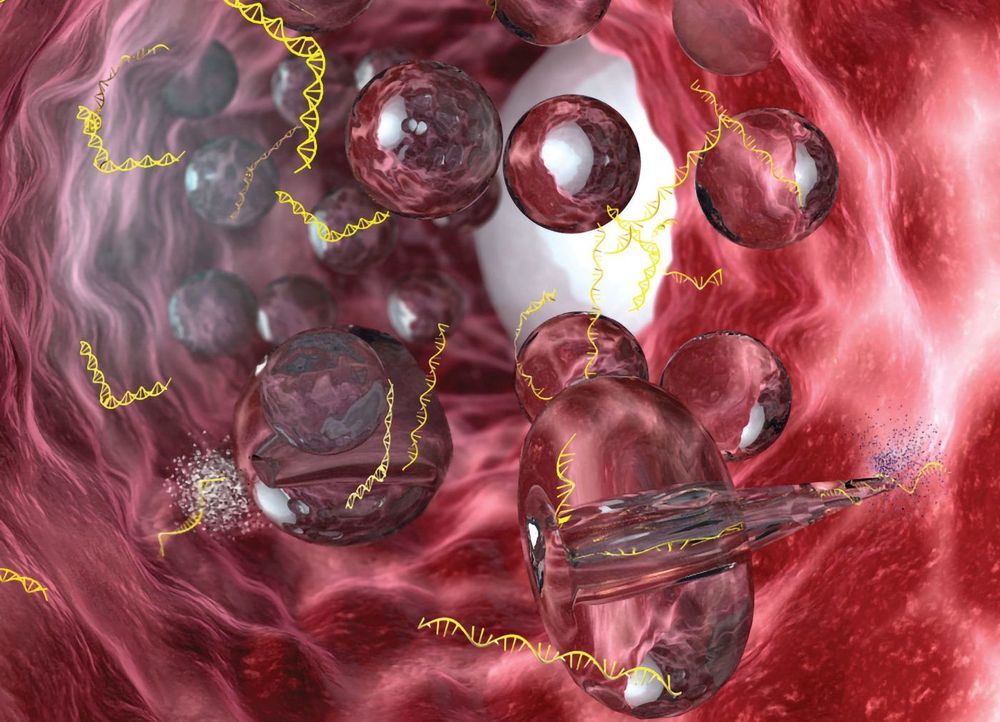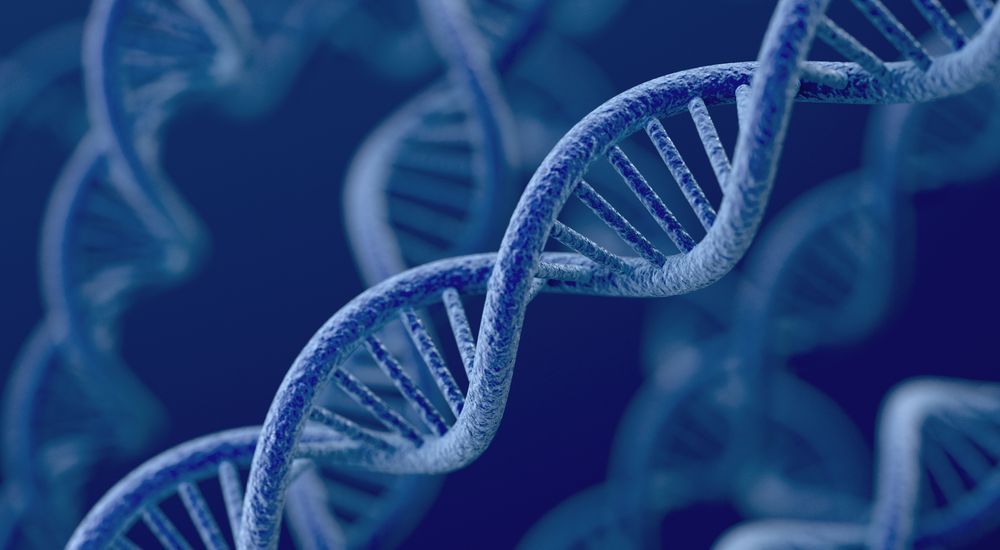Scientists have developed the most accurate computing method to date to reconstruct the patchwork of genetic faults within tumors and their history during disease development, in new research funded by Cancer Research UK and published in Nature Genetics.
Their powerful approach combines artificial intelligence with the mathematical models of Charles Darwin’s theory of evolution to analyze genetic data more accurately than ever before, paving the way for a fundamental shift in how cancer’s genetic diversity is used to deliver tailored treatments to patients.
Applying these new algorithms to DNA data taken from patient samples revealed that tumors had a simpler genetic structure than previously thought. The algorithms showed that tumors had fewer distinct subpopulations of cells, called “subclones,” than previously suggested. The scientists, based at The Institute of Cancer Research, London, and Queen Mary University of London, could also tell how old each subclone was and how fast it was growing.








